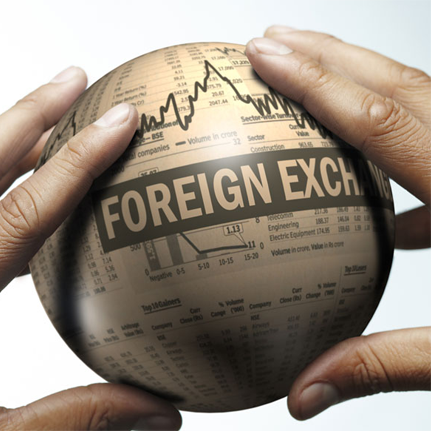Technology has become a priceless asset in the fast-paced, constantly-evolving world of event management. Technology in event management has revolutionised how we plan, carry out, and enjoy events, from huge conferences to small meetings. The transformative potential of technology if used properly helps simplify operations, improve guest experiences, and more. Going ahead, we will explore some of the benefits of using technology in event management.
Streamlining Event Planning:
The days of creating extensive spreadsheets, attending nonstop phone calls, and managing masses of paperwork are behind us. Different components of event preparation have been streamlined and automated by technology, saving time, effort, and money. Modern event management software makes it easy for organisers to easily manage registrations, ticket sales, and attendee data, leading to increased coordination and seamless communication.
Additionally, cloud-based collaboration solutions permit team members to share information in real-time, boosting efficiency and guaranteeing that everyone is on the same page. Introducing technology from the planning stage itself is important to streamline the entire process.
Enhancing Attendee Engagement:
The use of technology has changed the way that attendees engage with events, making them more immersive and engaging. Attendees may easily access schedules, session details, speaker biographies, and venue maps thanks to mobile applications created expressly for events.
These apps help with networking by letting users connect with others who share their interests, plan meetings, and have in-person conversations. Additionally, interactive event technologies like augmented reality (AR) and virtual reality (VR) offer enthralling and unforgettable experiences, elevating audience involvement to new levels.
Customising Event Experiences:
In the current digital era, customization is crucial. Event planners can now create highly customised experiences that are suited to each person’s interests and demands thanks to technology. Using cutting-edge data analytics and artificial intelligence (AI), organisers can learn important details about the characteristics, inclinations, and preferences of attendees.
They may provide customised material, suggest pertinent workshops, and provide individualised recommendations using this knowledge, ensuring that every attendee feels appreciated and engaged during the event.
Simplifying Event Operations:
Technology is crucial in simplifying event operations, reducing logistical difficulties, and improving overall effectiveness. Platforms for event management, for instance, have the ability to automate operations like venue selection, event preparation, and equipment management. Automation lessens human error and gives event planners more time to concentrate on more important areas of event preparation. In addition, technology-enabled event tools, such as RFID (Radio Frequency Identification) badges or QR codes, streamline check-in procedures, allowing guests to enter the event quickly and without difficulty.
Utilising Real-Time Insights: Real-time data availability has completely changed event management tactics. With the aid of technology, event planners can now instantly obtain vital statistics like participant satisfaction, session popularity, and attendance rates.
With this information, event planners can make data-driven decisions, change event details instantly, and take immediate action on any problems. Real-time analytics give event planners the ability to assess event success and make wise improvements for future events, thereby improving the entire experience for attendees.
Technology has made modern event management a seamless, interesting, and data-driven operation. Technology enables event planners to deliver memorable experiences for attendees by easing planning and operations and improving audience engagement and customisation.
The field of event management is poised for even more interesting future developments as technology develops at a breakneck pace, with the potential to redefine the limits of what is conceivable in the events industry.


